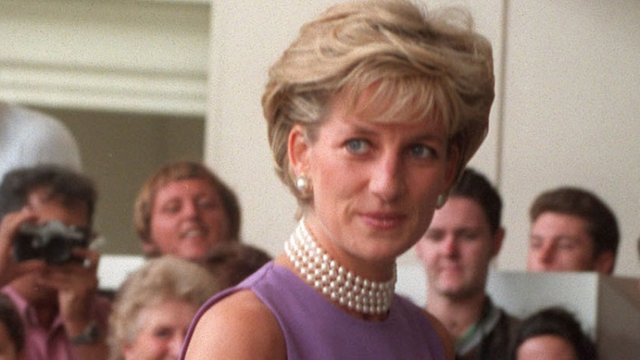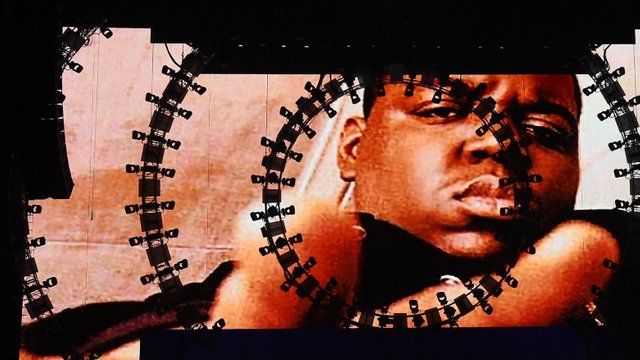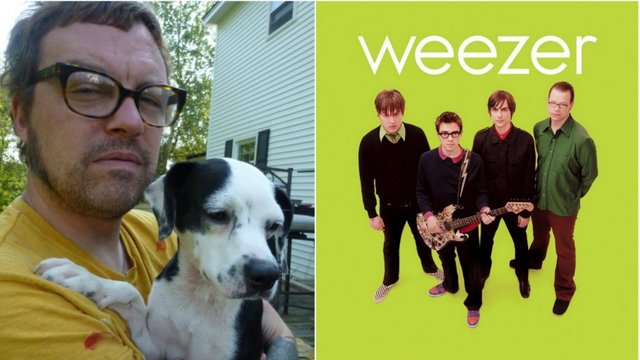Celebs who correctly predicted their own deaths
Forecasting the future is all fun and games until someone correctly foretells their own demise. Here are a few celebrities who accurately predicted their deaths.

Diana, Princess of Wales
Born into British nobility, Lady Diana Spencer became the Princess of Wales, first wife of Prince Charles, and mother to Princes William and Harry. In the '80s, her tireless charity work found her advocating for the homeless, victims of landmines, and people suffering from stigmatized epidemics. The princess would physically comfort those afflicted with HIV/AIDS at a time when many scientists still believed the disease could be contracted through touch. After her highly-publicized divorce from Prince Charles in 1996, Diana continued her royal duties and charity work until the fateful night of Aug. 31, 1997, when the princess, boyfriend Dodi Fayed, and a driver were killed in a car crash in the Pont de l'Alma tunnel in Paris.
Here's the creepy part: in a letter sent 10 months before her death to her former butler, Paul Burrell, Diana alleged someone was trying to kill her. According to the Daily Mail, the princess said someone was "planning 'an accident' in my car, brake failure and serious head injury in order to make the path clear for Charles to marry" his former mistress, Camilla Parker Bowles.
We may never know if this tragedy was tainted by paranoia or conspiracy, but the fact of the matter is, Princess Diana has been immortalized as one of history's most beloved world leaders.

Jim Morrison
The Doors frontman Jim Morrison was a poet who became a rock star, and like many of his kind, he developed a dependence on drugs and alcohol. His mysterious death in his Paris apartment on July 3, 1971, made him a member of the infamous "27 Club," a collective term for celebrities who have died at age 27. Morrison's death was preceded by rock icons Jimi Hendrix and Janis Joplin. Losing his musical peers deeply disturbed Morrison. Friends hanging out with him at a Los Angeles bar in October 1970 recalled hearing him mutter these chilling words: "You're drinking with number three. That's right. Number three."

The Notorious B.I.G
When The Notorious B.I.G's debut album, Ready To Die, dropped in September 1994, it cemented Biggie (real name Christopher George Latore Wallace) as one of the greatest rappers of all time. A critical and commercial success, Ready To Die became one of the best selling rap albums of all time. Fans considered the record a seminal work of art chronicling a raw and violent journey that audiences across generations could relate to. But one track, in particular, seemed intensely personal and foreboding. In "Suicidal Thoughts," Biggie raps, "I swear to God I feel like death is f—ing calling me."
That prediction came true on March 9, 1997, when the rapper was shot four times in a drive-by shooting in Los Angeles. Biggie Smalls died at the hospital—two weeks before the release of his sophomore album, Life After Death. How's that for prophetic? If you don't know, now you know…

Mikey Welsh
Not only did Mikey Welsh predict his own death, he predicted the exact day. The bassist joined Weezer in 1998, but abruptly left the band in 2001 after he suffered a mental breakdown due to drug use and undiagnosed bipolar disorder. Following a suicide attempt, Welsh spent time in a psychiatric hospital. He emerged and became a painter, with his work featured in gallery exhibitions, on Burton snowboards, and on album covers.
Welsh seemed to be experiencing a new lease on life when he posted this eerie tweet: "dreamt i died in chicago next weekend (heart attack in my sleep). need to write my will today." His next tweet: "correction – the weekend after next."
Two weeks later, on Oct. 8, 2011, Welsh was found dead in a Chicago hotel room from a suspected drug overdose.
Pete Maravich
"Pistol" Pete Maravich graduated from Louisiana State University in 1970, yet he still remains the NCAA Division 1 all-time leading scorer with 3,667 career points and an average of 44.2 points a game. To put those gaudy statistics in perspective, Maravich was prohibited from playing varsity as a freshman due to NCAA rules at the time, and the three-point line wasn't used in college until 1987. Known for his almost preternatural ball-handling ability and assassin-like shooting, Maravich is widely considered the greatest college basketball player to ever lace up.
Maravich moved on to the NBA, and in 1974, at the age of 26, he had this to say in an interview with the Beaver County Times (via the Wilmington Morning Star): "I don't want to play 10 years in the NBA and then die of a heart attack at the age of 40."
Sidelined by injuries, Maravich retired in 1980 after 10 years in the pros. In 1996, he was named one of the "50 Greatest Players in NBA History."
In 1998, during a pickup game, Maravich collapsed and died of a heart attack caused by an undiagnosed congenital heart defect, reported the Los Angeles Times. Friends said his last words, spoken just before he fell, were, "I feel great." Maravich was 40 years old.

Amy Winehouse
Beautiful and inspiring art is often born out of heartache and pain, and when you listen to Amy Winehouse, you can almost feel her invisible scars. The singer's well-documented struggles with alcohol and drugs nearly overshadowed her music when she was alive, but that all changed on July 23, 2011, when Winehouse was found dead in her London home from alcohol poisoning. Winehouse had reportedly consumed five times the legal limit, rendering her comatose.
Winehouse was supposedly well aware of the so-called "27 Club" of musicians, and she became a member 10 months after her 27th birthday. A source told the Mirror, "It was almost as if she wanted to die young, to leave a legacy, and to be remembered for her music and her voice." The singer's stylist and long-time friend, Alex Foden, added, "Amy always told me she thought she'd become a member of the 27 Club. It is heart-breaking that she appears to have gone through with her plans. Amy knew her limits—I truly believe she knew this final binge might kill her."